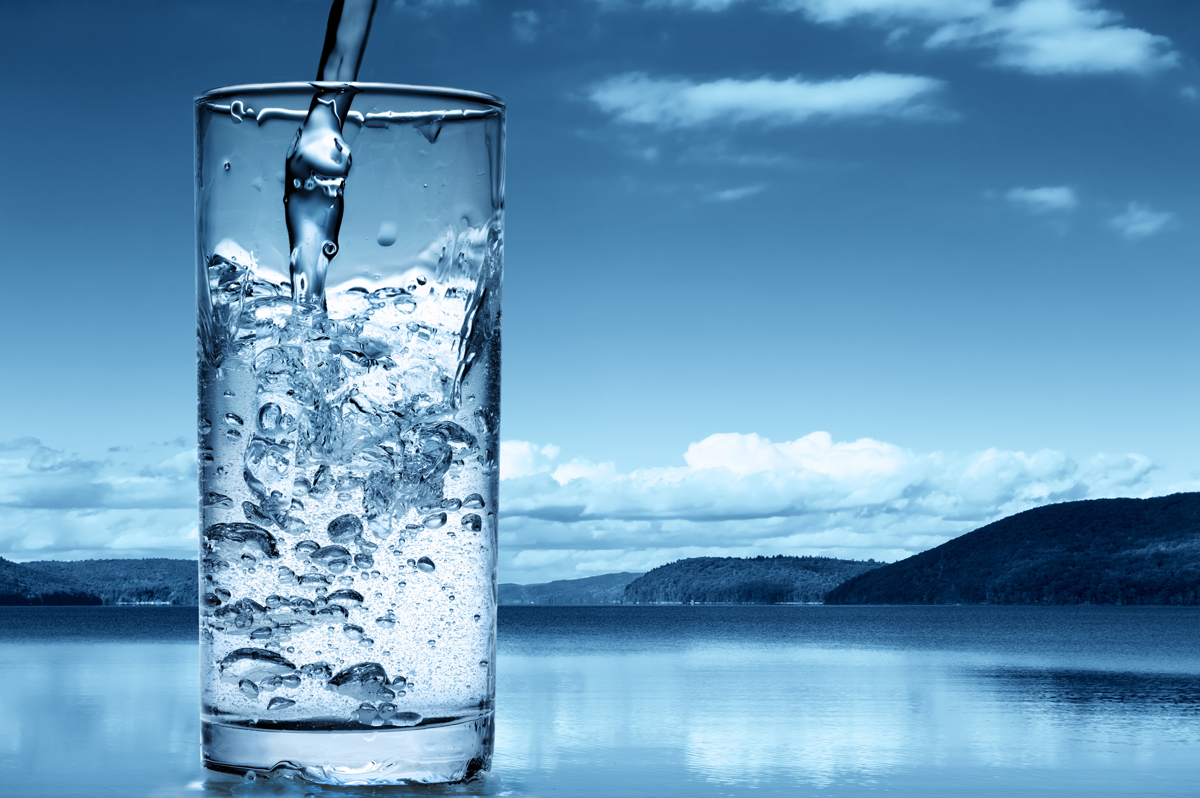- Get link
- X
- Other Apps
Drink plenty of water, do not forget to maintain water balance, be sure to take water to workout. These tips are heard from everyone - and you can not argue with them. But what kind of water should you drink? Is there a difference between boiled and raw, ordinary and mineral?
Most importantly, the daily volume of water should be 30 ml per 1 kg of weight.
What affects the quality of raw water?
We use boiled water when drinking drinks: tea, coffee, etc. But when it comes to observing the drinking regime, we mean high-quality raw water.
Water quality is determined by the following indicators:
- chemical composition: water should not contain pathogenic bacteria, heavy metals;
- The pH of water is a pH indicator that reflects the concentration of free hydrogen ions in water and indicates the degree of acidity and alkalinity of water. The ideal pH for water is 7.5-8.0. If the indicator is below 7.5, then such water will acidify the body, upsetting the balance;
- softness - determined by the degree of hardness, it should not exceed a value of 7 (if there is a coating on the kettle, then the water is hard from inorganic minerals);
- ORP - redox potential of water stability (you can control it with a special ORP sensor). This is how many oxidizing and reducing agents are contained in a particular liquid - the number of electrons is measured. The vital processes of the organism occur in a biologically active environment with ORP indicators. The more negatively charged the water, the easier it is for it to enter the cell;
- Ionization is a process in which an atom or molecule gives or takes an electron from another atom or molecule. Ionizers are used to saturate drinking water with active hydrogen ions, as well as minerals: magnesium, potassium, calcium, zinc and others. As a result, the water becomes alkaline (pH is 8-9) and negatively charged. That is, water returns to its natural structure;
- surface tension of water - the closer this indicator is to a value of 43, the easier it is for water to penetrate into the cell.
According to various health indications, it can be recommended to drink water of different temperatures: from cool to warm.
To refrain from raw water is for disorders of the gastrointestinal tract. As for filtration, it is worth giving preference to a flow filter, since water does not stagnate in it.
Can you boil water multiple times?
The main purpose of boiling water is to destroy harmful and pathogenic microorganisms that die at high temperatures. In fact, this is the first time this has happened. During the second boiling, water vapor is intensively released: water evaporates, and the concentration of the mineral component increases. This can be harmful to health, the nutritionist warns.
Water, in addition to minerals, salts, alkaline and acid radicals, contains hydrogen and oxygen atoms. In the process of intensive evaporation of water vapor, atomic hydrogen settles to the bottom, increasing the density of the liquid.
In addition, during repeated or prolonged boiling, the active chlorine contained in the water reacts with the remains of organic substances and mineral dissolved substances. What might result from such a reaction is difficult to predict. Repeated boiling of water leads to an increase in the options for chemical reactions - they can result in the appearance of carcinogens (they can provoke the development of malignant tumors).
Why should you consult a doctor to drink mineral water?
Mineral water is considered if it was extracted from some source in the bowels of the earth. Mineral water is divided into table, medical-table and medicinal.
The dining room has a low degree of mineralization - less than 1 g per liter. It contains few biologically active substances and mineral salts. Therefore, anyone can drink it as much as they like.
Therapeutic table mineral water, in which the mineralization is higher - from 1-10 g per liter. And a relatively healthy person can drink this water in courses for no more than three weeks in a row.
Medicinal mineral waters are prescribed only by a doctor and only according to indications. For example, for the purpose of correction, that is, if a person has an illness.
